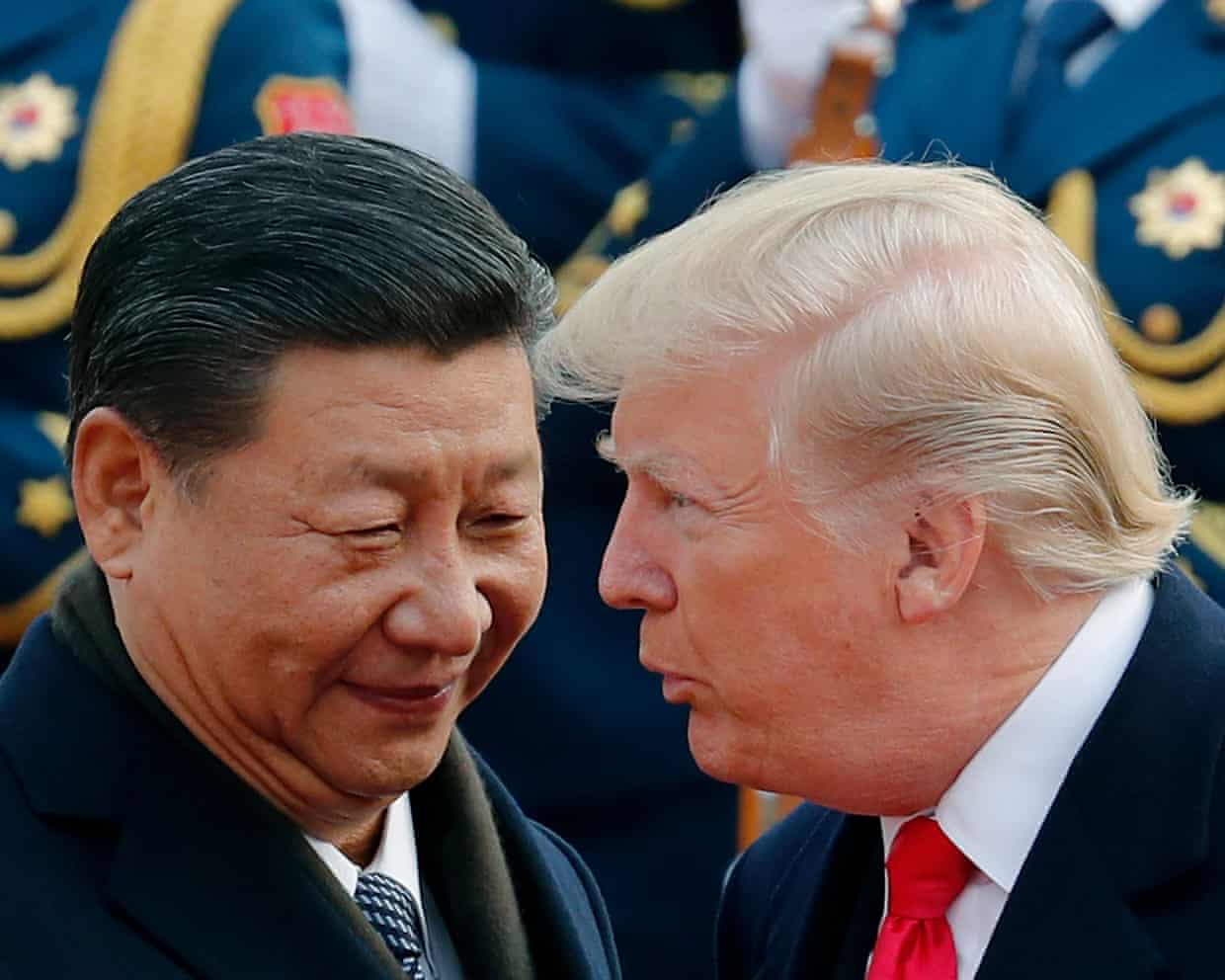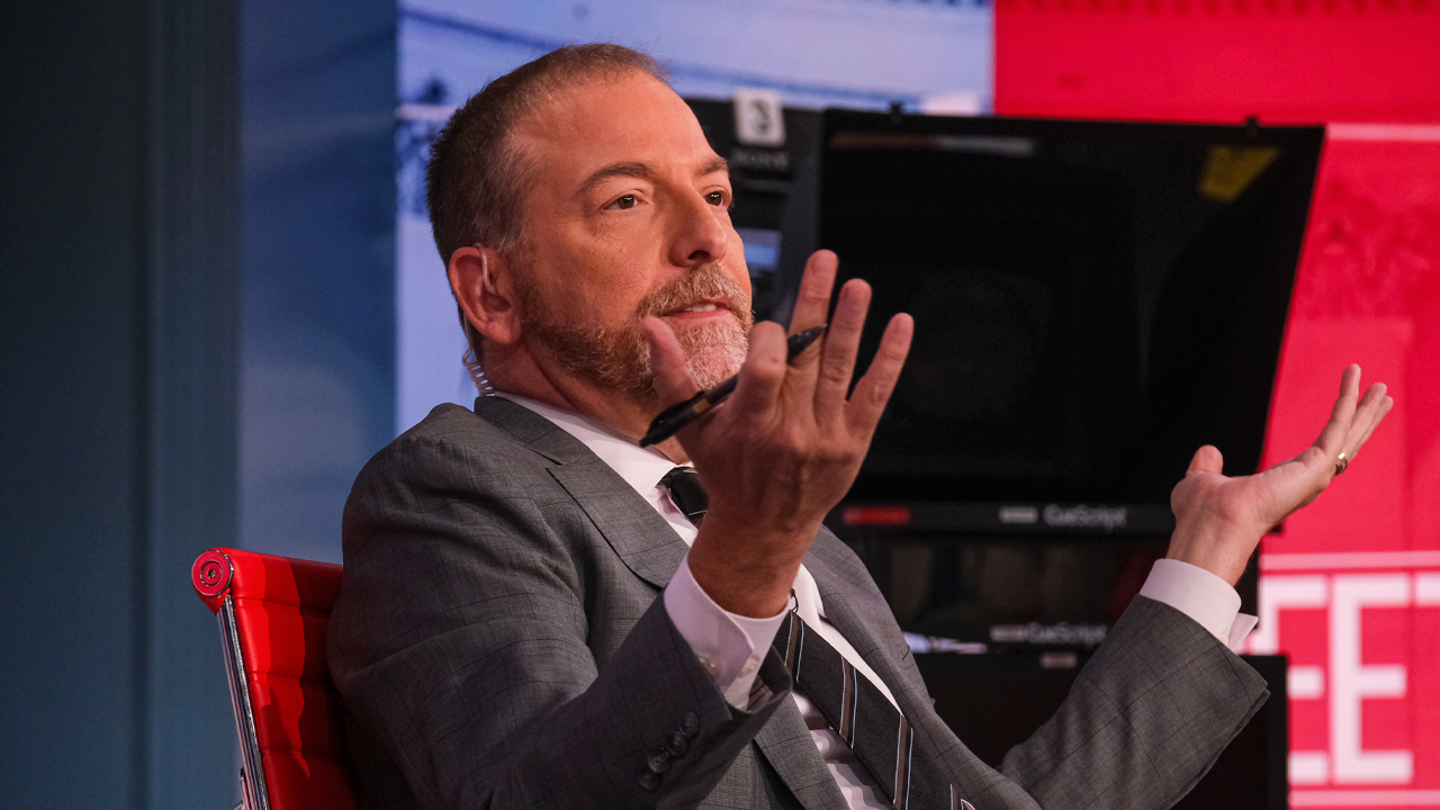Entities mentioned:
- Freedom House: Duty, Justice, Influence
- Alan Beaumont: Professional pride, Wariness, Influence
- United States: Power, Control, Freedom
- El Salvador: Control, Power, Self-preservation
Article Assessment:
Credibility Score: 45/100
Bias Rating: 30/100 (Lean Left)
Sentiment Score: 25/100
Authoritarianism Risk: 20/100 (Strongly Democratic)
Bias Analysis:
The article leans left, critiquing perceived failures in American democracy. It uses exaggerated comparisons and focuses on negative aspects of governance, suggesting a liberal perspective critical of current political trends.
Key metric: Democracy Index
As a social scientist, I analyze that this satirical article uses absurdist humor to critique the perceived decline of American democracy. The comparison to lobster and crustacean political systems serves as a metaphor for chaos and regression in governance. The article implies a significant deterioration in democratic processes, civil liberties, and the balance of power in the U.S. government. While humorous, it reflects genuine concerns about democratic backsliding and the health of American political institutions. The mention of El Salvador suggests a broader trend of declining democracy globally. This satire may impact public perception of American democracy and potentially influence political engagement and trust in institutions.











